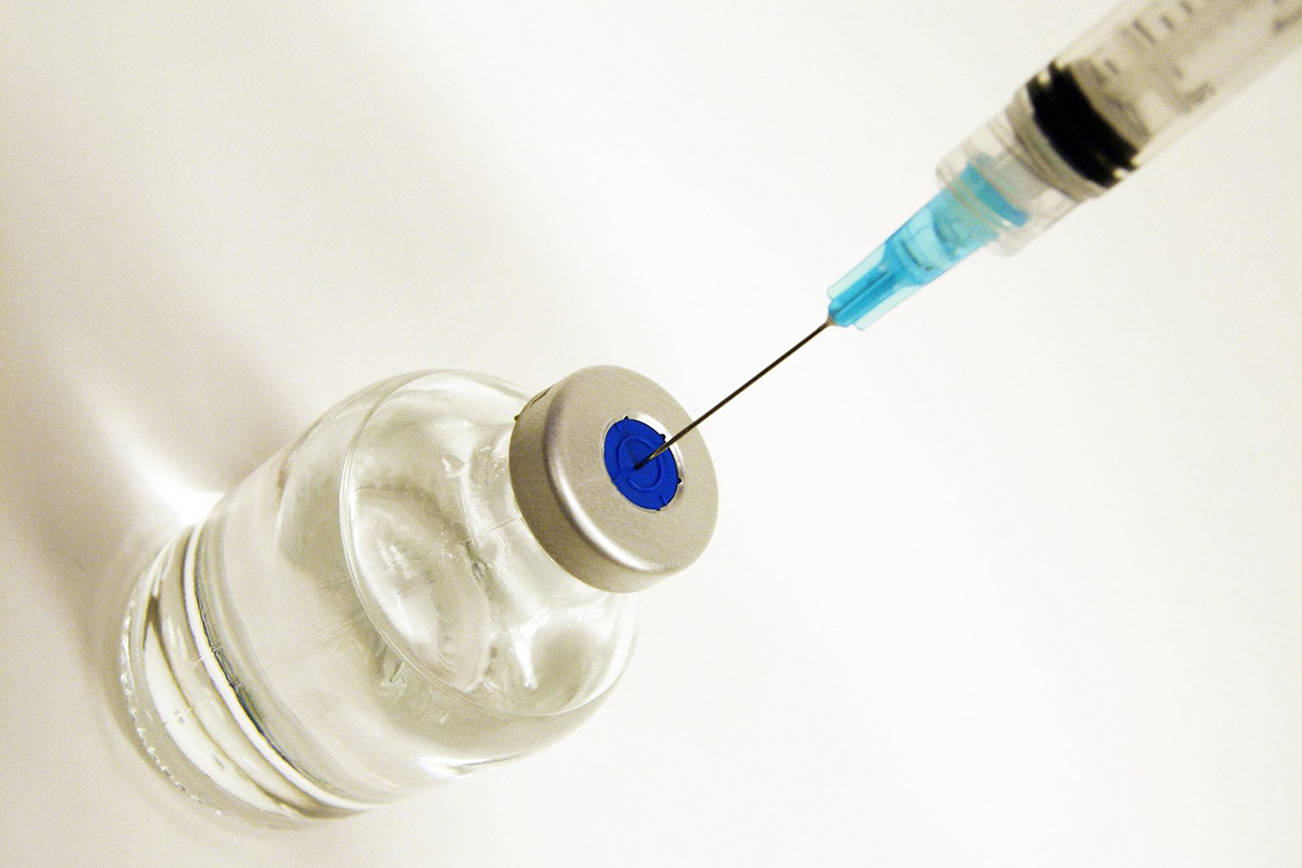Local public health officials are investigating a suspected measles infection in a King County resident who had been at public locations in Auburn, Kent and Covington.
The King County resident, a man in his 50s, was hospitalized but has since recovered.
It is not clear where the man’s infection was acquired, although he reported recent travel to Vancouver, Wash., during part of the time he could have been exposed. Vancouver is in Clark County, where there is a measles outbreak occurring. Additional testing to confirm the case will be done at the Washington Public Health laboratory and results are expected by the end of the week.
“Measles is a highly contagious disease and if you don’t have immunity, you can get it just by being in a room where a person with measles has been,” said Dr. Jeff Duchin, Health Officer for Public Health – Seattle & King County. “Fortunately, the measles vaccine is very effective. Two doses of measles, mumps and rubella (MMR) vaccine provides over 95% protection against measles and that protection is long lasting.”
Locations of potential exposure to measles in King County
Before he was diagnosed with measles, the infected individual was in the following public locations. These times include the period when the person was at the location and two hours after. Measles virus can remain in the air for up to two hours after someone infectious with measles leaves the area. Anyone who was at the following locations during the times listed could have been exposed to measles:
• Jan. 9: 7 a.m.-6 p.m., Lease Crutcher Lewis Boeing 17-88 Construction Site (2400 Perimeter Road, Auburn)
• Jan. 10: 7 a.m.-6 p.m. Lease Crutcher Lewis Boeing 17-88 Construction Site
• Jan. 10: 6:30 p.m.-10:30 p.m., Mount Rainier vs Kentlake High School basketball game at Kentlake High School (21401 SE Falcon Way, Kent)
• Jan. 11: 7 a.m.-2 p.m., Lease Crutcher Lewis Boeing 17-88 Construction Site
• Jan. 12: 6:30-10:30 p.m., Kentlake vs. Tahoma High School basketball game at Kentlake High School
• Jan. 14: 9:55 a.m.-12:45 p.m., Valley Medical Center-Covington Urgent Care (27500 168th Place SE, Covington)
• Jan. 19: 10 a.m. -12:15 p.m., Multicare Covington Hospital Emergency Department (17700 SE 272nd St., Covington)
If you were at the locations at the times listed above and are not immune to measles, the most likely time you would become sick is between Jan. 16 and Feb. 6.
What to do if you were in a location of potential measles exposure
Most people in the area have immunity to the measles through vaccination, so the risk to the general public is low. However, anyone who was in the locations of potential exposure to measles around the times listed above should:
• Find out if they have been vaccinated for measles or have had measles previously, and
• Call a health care provider promptly if they develop an illness with fever or illness with an unexplained rash between Jan. 16 and Feb. 6. To avoid possibly spreading measles to other patients, do not go to a clinic or hospital without calling first to tell them you want to be evaluated for measles.
About measles
Measles is a highly contagious and potentially severe disease that causes fever, rash, cough, and red, watery eyes. It mainly spreads through the air after a person with measles coughs or sneezes.
Measles symptoms begin seven to 21 days after exposure. Measles is contagious from approximately four days before the rash appears through four days after the rash appears. People can spread measles before they have the characteristic measles rash.
Measles complications can include ear infections, diarrhea, pneumonia, and rarely, encephalitis (brain inflammation).
Complications from measles can happen even in healthy people but those at highest risk include: infants and children under 5 years, adults over 20 years, pregnant women, and people with weakened immune systems from drugs or underlying disease.
For more information about measles and measles vaccination: kingcounty.gov/measles



